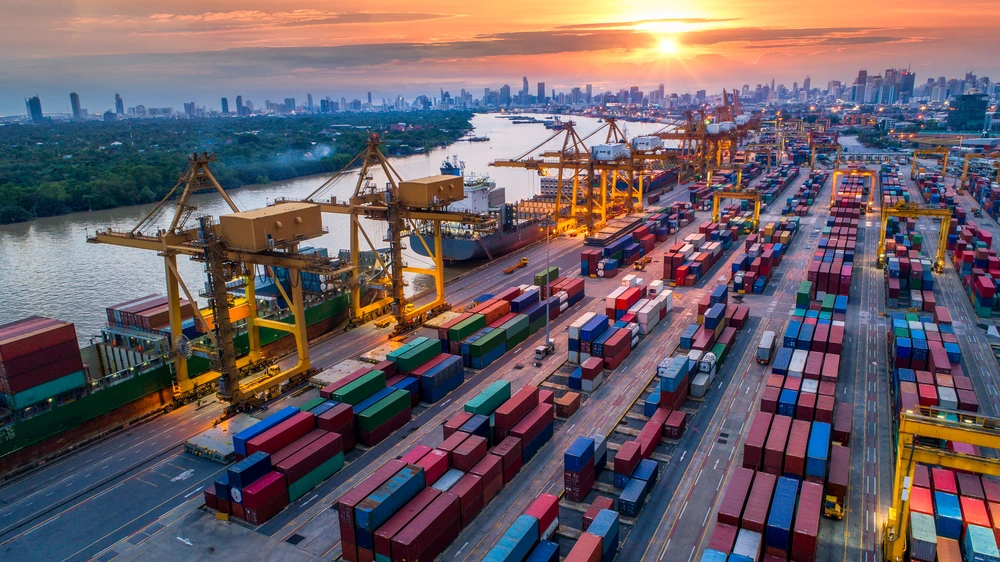(Analysis) President Donald Trump’s “Liberation Day” has arrived, setting the stage for a dramatic shift in global trade dynamics. Announced from the White House, Trump’s sweeping tariff plan aims to correct what he calls decades of unfair treatment by foreign nations.
The move introduces reciprocal tariffs on countries that tax U.S. exports, challenging long-standing trade practices and sparking sharp reactions worldwide. The plan enforces a 25% tariff on imported automobiles starting today, with broader measures under consideration, including a 20% tariff on nearly all imports.
These policies could impact over $1 trillion worth of goods annually, making it one of the largest tariff initiatives in modern history. Trump argues this approach will restore fairness, citing examples like India’s 100% tax on American motorcycles and the European Union’s 10% tariff on U.S. cars compared to America’s 2.5%.
The administration estimates these tariffs could generate up to $6 trillion in revenue over time, with some of that potentially returned to Americans through rebates.
Trump frames the plan as a necessary correction to decades of trade imbalances, claiming that even allies have taken advantage of America’s low tariffs and open markets. “We’re finally standing up for American workers and industries,” he declared during his announcement.
 Liberation Day Unfolds: U.S. Tariffs Shake the Foundations of Global Commerce. (Photo Internet reproduction)
Liberation Day Unfolds: U.S. Tariffs Shake the Foundations of Global Commerce. (Photo Internet reproduction)Markets have responded with unease. The S&P 500 and Nasdaq posted steep declines as investors braced for potential fallout. Credit markets also signaled rising risks, with high-yield Credit Default Swaps surging to their highest levels since mid-2024.
Economists warn that these tariffs could disrupt global supply chains, raise consumer prices, and slow economic growth both in the U.S. and abroad.
Global Reactions to U.S. Trade Policy
International reactions have been swift and pointed. China, Canada, and the European Union have all prepared retaliatory tariffs targeting U.S. exports, with the EU planning countermeasures worth $28 billion.
Developing economies heavily reliant on exports to the U.S., such as Vietnam and South Asia, face significant uncertainties under the new policy. Trump remains undeterred by criticism, insisting that these measures are not acts of aggression but steps toward fairness.
He argues that other nations have grown too comfortable benefiting from America’s generosity while imposing barriers on U.S. goods. “This is about leveling the playing field,” he said.
The stakes are high. While Trump’s supporters see this as a long-overdue correction to global trade imbalances, critics fear it could trigger a full-scale trade war with lasting consequences for the global economy.
As Liberation Day unfolds, businesses and governments worldwide are left grappling with an uncertain future shaped by America’s boldest trade policy in decades. Whether this gamble will achieve its intended fairness or lead to deeper economic fractures remains an open question.

 By The Rio Times | Created at 2025-04-02 10:09:15 | Updated at 2025-04-04 00:10:43
1 day ago
By The Rio Times | Created at 2025-04-02 10:09:15 | Updated at 2025-04-04 00:10:43
1 day ago








